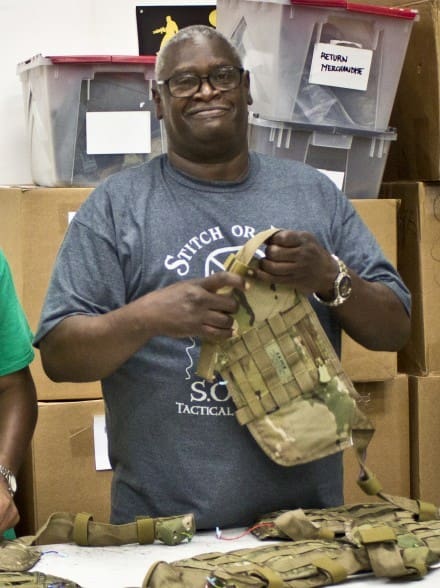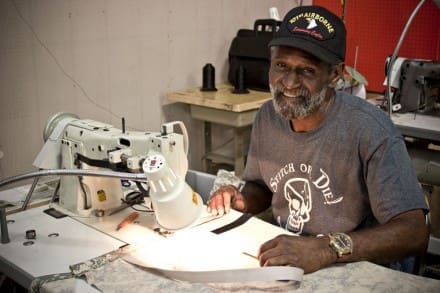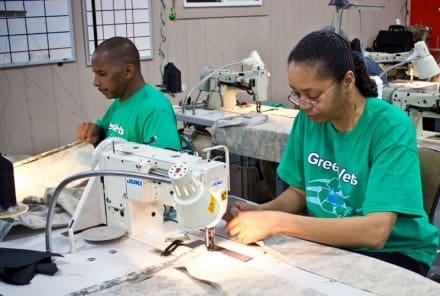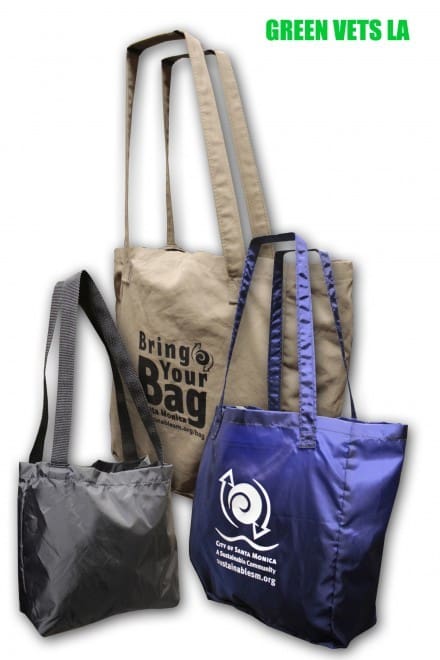With Veteran’s Day just around the corner we thought that telling you about this was a pretty good topic. Many of our Vets are Wounded Warriors and oftentimes, they have suffered Traumatic Brain Injuries. SOTech recently shared this with this story about VIPER program Veterans sewing sensor harnesses for Georgia Tech Research Institute that records the TBI effects of IED blasts on Soldiers.
Veteran Patients Tasked with Assembly of Traumatic Brain Injury Sensor Harness for Deploying Troops
As part of a work therapy program, US Veteran patients are finding themselves manufacturing equipment that will help treat future and fellow veterans for TBI, a major medical challenge facing the military and veteran medical establishment. The US Army Rapid Equipping Force (REF) contacted the Georgia Tech Research Institute (GTRI requesting that they develop a system that would record the effects of an IED blast wave for future treatment. As a critical part of this effort, GTRI developed a soldier-worn harness to house an array of sensors and an embedded computer. GTRI contracted the sewing of the harness to S.O.Tech / Special Operations Technologies Inc which includes Veterans recruited from a local VA Hospital to do sewing and assembly work. The Veterans are part of the Veterans Industry Program for Employment Reintegration (V.I.P.E.R.) and its sub-brand Green Vets LA. S.O.TECH President, James Cragg, founded the charity program to not only give job training to Vets but to give them inspiration and the self-confidence to rejoin the work force. Cragg stated, “Many veterans experience a sensation of abandonment by society after discharge. We want to build them up by giving them projects that make them feel like they are back on the team and serving the community. Assembling a device that will go downrange with soldiers to potentially save a life or treat an injury is as positive as it gets.” Veterans in the program are from current conflicts ranging to the Vietnam era. Many have dealt with mental and physical challenges, along with addiction issues, joblessness and homelessness.
The soldier-worn sensor system is a harness integrating a computer and five sensors. The sensors capture data measuring the direction and impact of a blast wave traveling across the body. Data collected by the sensors and recorded in the computer can be downloaded for later analysis, and one day potentially lead to immediate treatment data. Further, that data can be archived for treatment of long lasting effects decades later through Veterans Administration medical programs. But on a larger scale, that data can be analyzed by medical researchers to develop new treatments for TBI as well as possible preventative devices such as armor. Beyond the battlefield environment, data can be applied to sporting injuries, such as youth football impacts and to car accidents. We are honored that GTRI chose S.O.TECH to design and sew the harnesses that house these sensors.
Over the past 11 years the number of IED attacks has risen during the war on terror. According to the Washington Post, 64% of U.S deaths in Iraq occurred due to IEDs. Survivors of IED’s can suffer from Traumatic Brain Injuries (TBI) which can lead to a number of problems, both immediate and long term. TBI is a major cause of death and disability worldwide, especially in children and young adults, much like our soldiers.
S.O.TECH & the Veterans of the V.I.P.E.R. program are proud to be a small part of this ground breaking research and to help soldiers in need.
Visit www.nbclosangeles.com for additional coverage.

















































































































